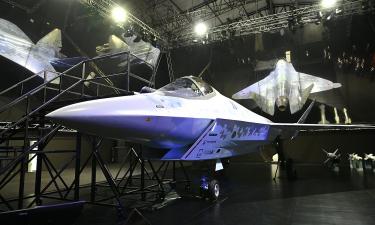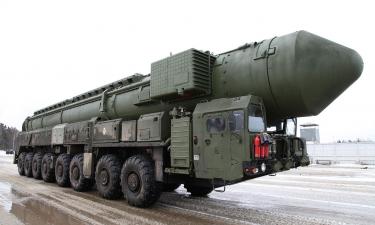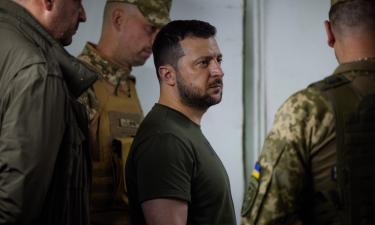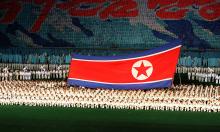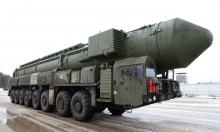Bolivia's President Resigns Amid Social Turmoil
Gonzalo Sanchez de Lozada left his spot after one moths of protests and clashes that left over 80 Bolivians killed. He has allegedly fled to the United States
Carlos Mesa, country's vice-president took office. 
Harassed by growing social unrest and deadly marches, Bolivian president Gonzalo Sanchez de Lozada resigned Friday amid speculations about a possible escape to the United States, country where he lived most of his life. Carlos Mesa, the vice-president that withdrew his support to Sanchez de Lozada early this week, took office before the National Assembly.
Early on Friday, Sanchez de Lozada began to lose control of the internal political situation when government's coalition fell apart, after Manfred Reyes Villa, head of the center right New Republican Force, ended his support. Also, early in the morning, two envoys from the Argentine and the Brazilian governments met Sanchez de Lozada in La Paz - country's capital - to mediate in the crisis. At the same time, thousands of protesters filled the streets of Bolivia's main cities, as La Paz, Cochabamba, Sucre and Santa Cruz de la Sierra.
"There's nothing left to do but leave (the government). This can't go on," Reyes Villa told reporters outside the presidential palace after meeting with Sanchez de Lozada. However, Reyes Villa said President Sanchez de Lozada told him he would not resign despite a month of protests that have left an estimated 74 people dead. Reyes Villa also said three ministers from his party had quit Sanchez de Lozada's Cabinet.
Brazil and Argentina sent a first level mission to La Paz, as observers believe it was crucial on Sanchez de Lozada's resignation. Brazil's envoy, Marco Aurelio Garcia is a president Lula's personal advisor on foreign affairs. From Argentina's president home province, Santa Cruz, Lula and his counterpart Nestor Kirchner had expressed their concern on Bolivia's situation.
Sanchez de Lozada resigned amid underway massive marchers of all country’s sectors: farmers and coca growers led by main opposition leader, the leftist Evo Morales, miners from the rich basin of Potosi and indigenous from El Alto, a town near La Paz. As for La Paz, basic foodstuffs and supplies were running perilously low as truckers were being stopped by roadblocks. Also the middle-class joined the protests, as no less than 4,000 people had to camp overnight in hopes of buying cooking gas that never arrived while Friday morning bread lines were six blocks long.
Protest sparked after a controversial governmental bid to export natural gas to the United States and Mexico through Chilean ports was angrily rejected by the population. They insisted that gas had to be used to feed the internal market. Families have no access to the supplying despite Bolivia has one of the world's largest reserves of natural gas. They were also against using Chilean ports as that neighbor country took out Bolivia's coast line in 1879 "Pacific War".
Sanchez de Lozada, a 73-year-old U.S.-educated businessman - owner of country's largest gold mines and one of the wealthiest people in the country, is disliked by millions of Bolivians who see him as a "gringo" out of touch with the needs of South America's poorest country. He had been elected for his second presidency in 2002 with only 23 percent of the votes, just 45,000 more than opposition leader Evo Morales, from the leftist "Movement toward Socialism".
Sanchez de Lozada was supported by an alliance of the center-right New Republican Force and the center-left Revolutionary Left Movement, led by former president Jaime Paz Zamora.
Bolivia's ruling system changed little from the times it was a Spanish colony 200 years ago. Spanish ethnic elite - around 15 percent - controls a country mostly populated by Indians, who live in poverty. A U.S.-led effort to eradicate coca plantations as well as the unpopular plan to export natural gas sparked the unrest in the landlocked South America's poorest nation.
Subscribe to Pravda.Ru Telegram channel, Facebook, RSS!
